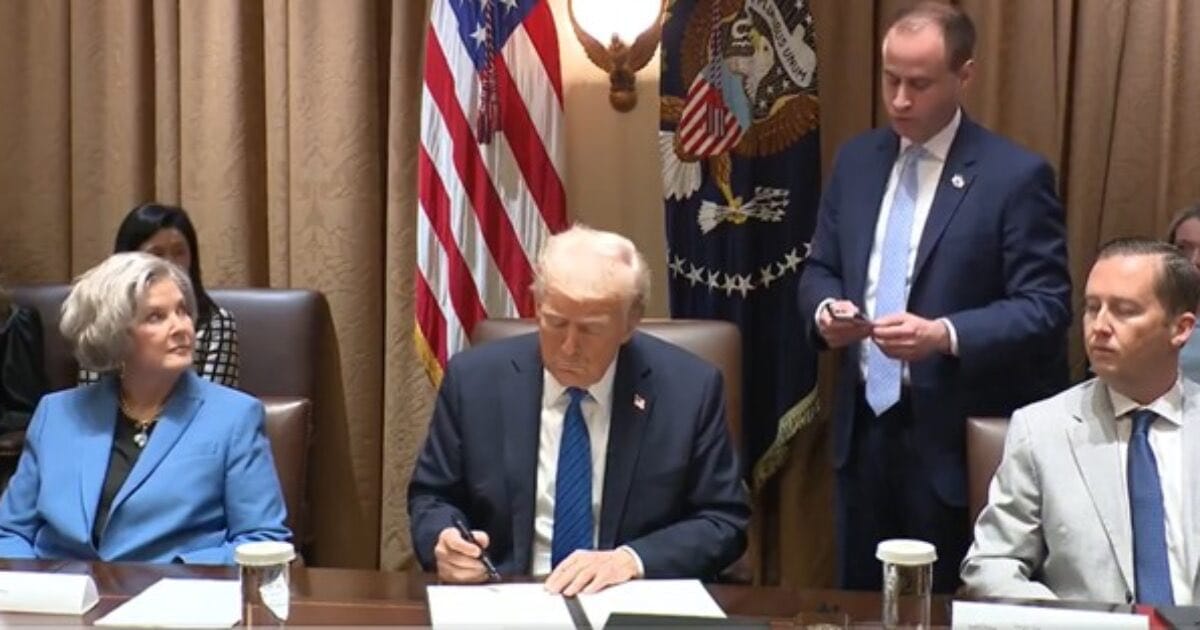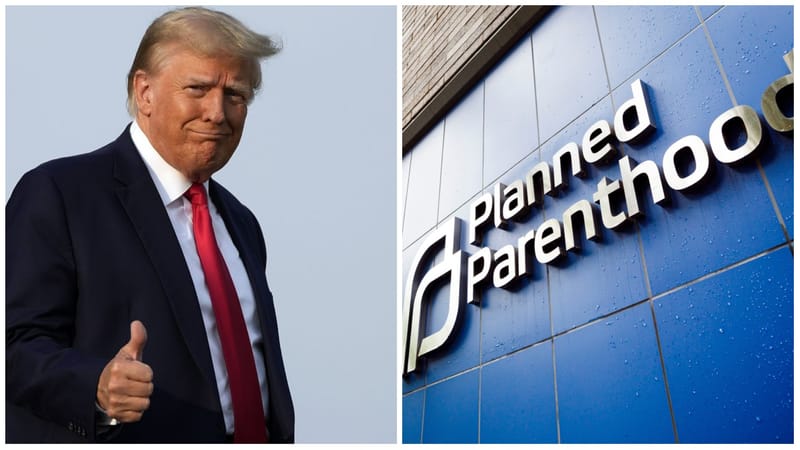President Trump Signs Executive Order to Preserve and Protect the Integrity of American Elections
New Measure Aims to Strengthen Voter Verification and Election Security Nationwide Washington, D.C. – On Tuesday, March 25, 2025, President Donald J. Trump signed a sweeping executive order titled “Preserving and Protecting the Integrity of American Elections,” aimed at bolstering the security and transparency of the nation’s electoral process.
New Measure Aims to Strengthen Voter Verification and Election Security Nationwide
Washington, D.C. – On Tuesday, March 25, 2025, President Donald J. Trump signed a sweeping executive order titled “Preserving and Protecting the Integrity of American Elections,” aimed at bolstering the security and transparency of the nation’s electoral process. The move, enacted just months into his second term, signals a bold step to address long-standing concerns about voter fraud and election integrity that Trump has championed since his first campaign in 2016.
The executive order introduces several key provisions designed to overhaul how federal elections are conducted. Chief among them is a mandate requiring documentary proof of U.S. citizenship—such as a passport or birth certificate—for voter registration in federal elections. The order also stipulates that all ballots must be received by Election Day to be counted, effectively ending the practice in some states of accepting late-arriving mail-in ballots postmarked by the deadline. Additionally, it directs federal agencies, including the Department of Homeland Security and the Election Assistance Commission, to collaborate with states to verify voter rolls and prosecute election-related crimes.
🚨President Trump signs Executive order to secure our elections:
— Benny Johnson (@bennyjohnson) March 25, 2025
- Citizenship proof for voting.
- Funds tied to integrity compliance.
- Paper ballots.
- AG to track election fraud.
- Cracks down on late ballots.
- Axes Biden’s voter turnout EO.
pic.twitter.com/pGRWH2Oi8T
“Free, fair, and honest elections, unmarred by fraud, errors, or suspicion, are fundamental to maintaining our constitutional Republic,” the order states, echoing Trump’s remarks during the signing ceremony in the White House’s East Room. “This will go a long way toward ending election fraud—hopefully for good,” Trump declared, flanked by supporters and key administration officials. He hinted at further actions to come, saying, “There are other steps we’ll be taking in the coming weeks to straighten out our elections.”
The order has ignited a firestorm of reactions across the political spectrum. Supporters, including Georgia Secretary of State Brad Raffensperger, hailed it as a “great first step for election integrity reform nationwide,” arguing it ensures only American citizens decide American elections. House Administration Committee Chairman Bryan Steil (R-Wis.) praised the measure as a “welcome action to secure our elections and prevent foreign influence.”
Critics, however, warn that the order oversteps presidential authority and could disenfranchise millions of eligible voters. Voting rights advocates estimate that over 21 million U.S. citizens lack readily available proof of citizenship, according to a 2023 Brennan Center for Justice report. Colorado Secretary of State Jena Griswold called it an “unlawful weaponization of the federal government,” accusing Trump of trying to “make it harder for voters to fight back at the ballot box.” Legal experts, including UCLA law professor Rick Hasen, argue that the Constitution grants states and Congress—not the president—primary authority over elections, predicting swift court challenges.
President Trump signs Executive Order on election integrity that includes a citizenship question on the federal voting form, will cut federal funding to states that don’t take steps to secure their elections and calls on DOJ to prosecute election crimes.pic.twitter.com/oYDxvXXDyf
— ALX 🇺🇸 (@alx) March 25, 2025
The order also threatens to withhold federal election funding from states that fail to comply with its directives, a provision that could pressure cash-strapped election offices but raises questions about enforcement feasibility. The Department of Justice is tasked with prioritizing prosecutions of non-citizen voting and foreign interference, while the newly created Department of Government Efficiency (DOGE), led by Elon Musk, will assist in scrutinizing voter records.
Trump’s move bypasses stalled congressional efforts like the Safeguard American Voter Eligibility (SAVE) Act, which sought similar citizenship requirements but faced Democratic opposition. While non-citizen voting is already illegal and rare—studies show it occurs in less than 0.0001% of cases—the administration frames the order as a proactive safeguard against a “sick” electoral system, as Trump put it.
As the nation braces for the 2026 midterms, the executive order sets the stage for a contentious battle over voting rights and federal power. With legal challenges looming and states assessing their next steps, the future of American elections hangs in the balance—potentially reshaping democracy for years to come.Explain voter ID lawsImpact of election funding cutsMore concise summary




